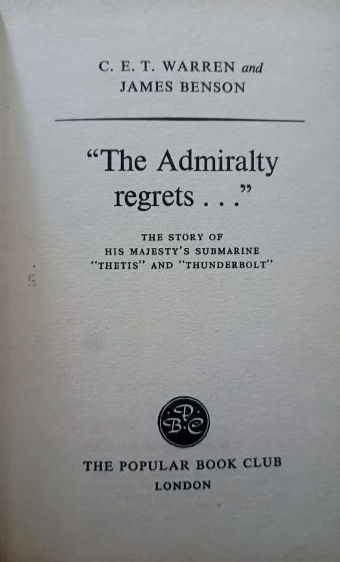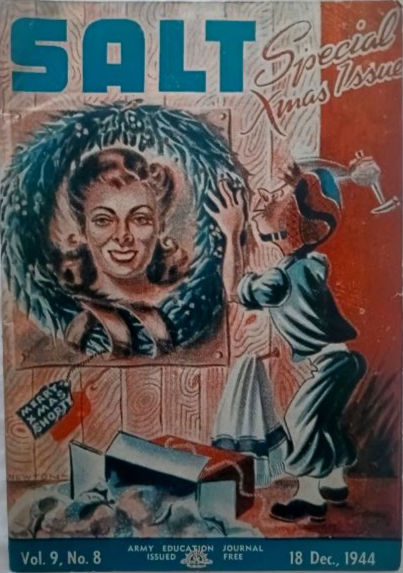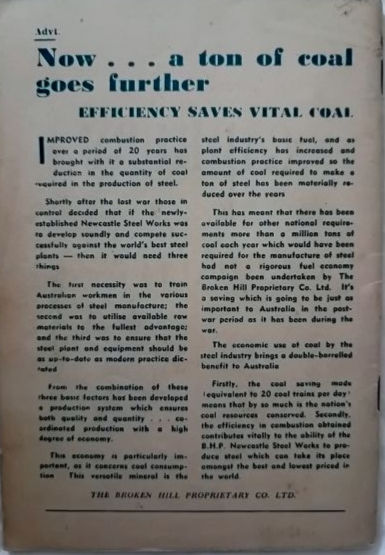Change In Taiwan and Potential Adversity In The Strait (1995) By E. A. Feigenbaum
Taiwan recently upset a relatively delicate balance in the cross-Strait relationship through a series of dramatic moves, capped by the June 1995 visit of President Lee Teng-hui to a Cornell University reunion. These moves have been perceived in Beijing as a direct provocation, and in the most recent cycle of Taiwanese provocation and Chinese overreaction, there thus exists potential for mutual miscalculation, real crisis, and perhaps even armed conflict. These potential dangers have arisen largely in response to a long-term process of change within Taiwan and between Taiwan and the mainland.
- The domestic context of Taiwan's foreign and security policies has been thoroughly altered by more than a decade of fundamental social and political change. The old Nationalist Party (KMT) mandarins from the mainland are gone, replaced by a new generation raised and rooted on the island. Most of this generation takes de facto independence as a given in discussing Taiwan's future. Although the question of de jure independence remains contentious, Taiwan's leaders no longer view the mainland as an ideological and political antagonist in the struggle for control of China but as an external threat that must be deterred and balanced in the interests of Taiwan's security.
- The above changes in attitude reflect an emerging popular and political consensus that Taiwan's identity is distinct from that of China. This belief is also influenced by a transformation of the political system into a contest between locally oriented parties and increasing confidence on the island in Taiwan's ability to leverage wealth, offshore investment, foreign exchange reserves, and international capital flows for political and diplomatic gain.
But significant constraints on Taiwanese moves toward independence remain:
- Internally, democratization has made it difficult for any party in Taiwan to upset the status quo in the absence of broad popular support. A short election cycle forces parties to seek public legitimation frequently and lends the character of referenda to most polls, checking tendencies toward bold (and potentially dangerous) policy shifts, and promoting incrementalism. Moreover, the diversification and expansion of local interest groups mean that not merely KMT interests, but also opposition Democratic Progressive Party (DPP) interests, potentially conflicting business interests, and a variety of social interests have distinct, and often irreconcilable, stakes in Taiwan's mainland policy. These trends suggest the unlikelihood of sweeping or sudden policy shifts, despite a frequent use of provocative political rhetoric.
- Externally, Taiwan remains highly trade dependent. Moreover, the slow pace of its attempt to create a more capital and technology-intensive economy means that any conflict with China would severely jeopardize both overseas investments and this larger restructuring effort. A cross-Strait conflict would thus force a trade-dependent Taiwan to jettison its focus on the very issues most crucial to its future prosperity and growth. Moreover, China's explicit threat of force in the event of a Taiwanese independence declaration means that Taiwan cannot take for granted China's likely response to any dramatic policy shift.
- Taiwan's primary foreign policy strategy is designed to strengthen popular support domestically by increasing the island's profile abroad while simultaneously avoiding provocations of Beijing. But given China's harsh reaction to every Taiwan effort to raise its profile abroad, this is a dangerous line to walk.
Taiwan must therefore balance rhetorical posturing with policy substance. It cannot posture too loudly without provoking the Chinese. Yet electoral politics forces parties and candidates to forcefully stand up for the island's interests.
The primary danger to the present status quo is thus that either Beijing or Taipei will miscalculate or misread the other's moves. Taiwanese political posturing might be read in Beijing as substantively significant, thereby provoking a Chinese response. At the same time, China's bluster and harsh reaction to each and every attempt to increase Taiwan's overseas profile might be read in Taipei as a bluff, leading Taiwan's leaders to push harder and thereby move beyond actions that China is likely to tolerate.
The crucial balance in the relationship is thus between what Taiwan will or will not do in its interest and what China can or cannot try to impose. Avoiding miscalculations is the key to avoiding short- to medium-term conflict.
For the United States, this implies:
- Mixed statements of U.S. policy contribute to the possibility of miscalculation. If the United States speaks with more than one voice, each side may act only on the basis of what it chooses to hear. For this reason, greater coordination between the executive branch and the Congress is necessary. Moreover, coordination with Beijing on the Taiwan issue will probably prove easier than with Taipei, since Taiwan's democratization means that the regime relies on popular consensus, whereas Beijing can more easily formulate, coordinate, and implement mutually agreed-upon policies. This factor reinforces the need for the United States to speak to Taiwan with a single voice.
- The U.S. position on Taiwan's status must be made clear to the Taiwanese. Taipei should be left with no ambiguity as to the U.S. position that only a peaceful, mutually agreeable solution among the two parties is an acceptable basis for a change in the status quo. Unilateral moves by Taiwan toward de jure independence, including high-profile memberships in Inter-Governmental Organizations, do not square with present U.S. policy.
- The Taiwan issue is intimately related to the broader U.S. strategic relationship with Beijing. U.S. policy toward Taiwan should therefore be firmly placed in the context of this broader Sino-American relationship. Hence, contacts and discussions with Beijing should be expanded and regularized to the greatest extent possible, leading to a strategic dialogue with Beijing that serves to lessen the potential for miscalculation arising from the ongoing Taiwanese democratic process.
- Soft Cover
- 46 pages
- In Fair to Good Condition
































